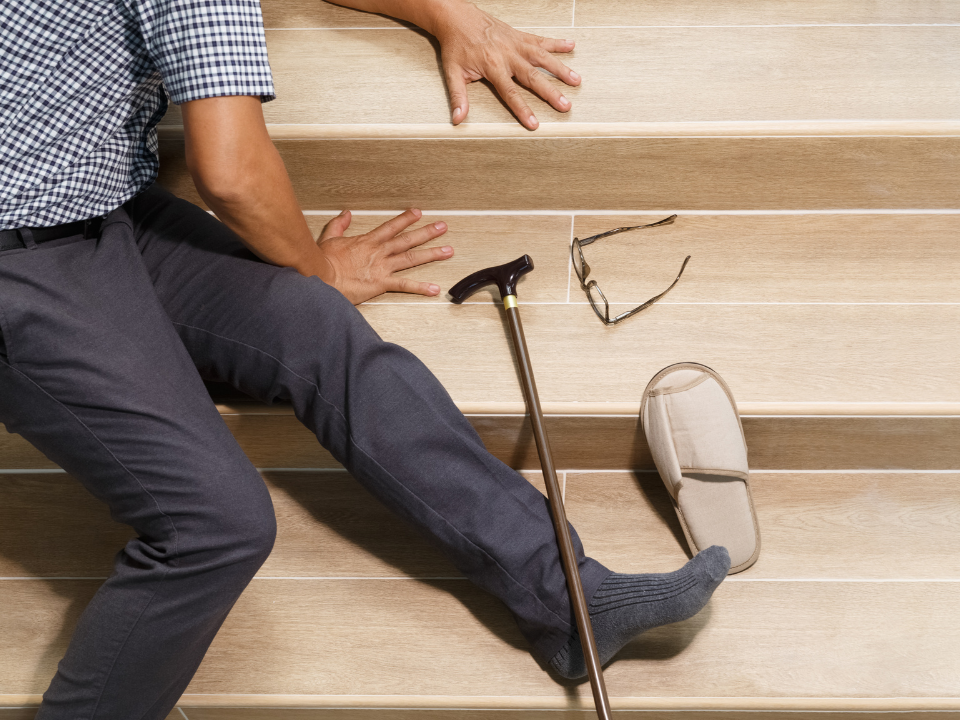- Personal-Touch Home Care
- customercare@pthomecare.com

Why Staying Active Is the Best Way For Seniors To Avoid Falls
January 30, 2023
7 Ways to Manage Your Arthritis Symptoms
June 7, 2023The passage of time never goes unnoticed. As we grow older, our bodies start to change. This is noticeable through a loss of muscle mass and a decrease in bone density.
These changes are often accompanied by a decrease in mobility and the need for more assistance from others.
It’s difficult to think about getting older, but it’s important to be prepared for the changes that come with age. As we age, our respiratory system starts to degenerate and become more susceptible to injury. This is mainly due to changes in the tissue that line the air passages, the lungs themselves, and the muscles used for breathing. The small air sacs inside the lungs can also fill with fluid or other substances, which means less fresh oxygen is delivered through the body.
As we get older, the respiratory system suffers. Specifically, our lungs and bronchial tubes can become less efficient at exchanging oxygen for carbon dioxide. Here are three reasons why this happens:
- The lining of the airways becomes thicker, leading to more mucus production.
- The immune system also starts to decline, thus increasing the risk for respiratory infections.
- The body’s natural response to these changes is to breathe slower at rest.
Additionally, people may develop sleep apnea if their airway muscles weaken with age.
This article will go over the physical effects of aging on the respiratory system and the psychological effects of aging on the respiratory system.
- Physical Effects of Aging on the Respiratory System
As our body ages, we experience changes to the respiratory system and other vital organs. The lungs and airways lose their elasticity and become less moist, making breathing more difficult. This is called “surfactant dysfunction.”
In some cases, the respiratory tract might also narrow due to aging. Together, these changes can lead to pulmonary infections such as pneumonia.
Airway Changes with Age
The airway in the human body can be divided into two sections, the upper airway and the lower airway. Upper airways are composed of the nasal cavity, nasopharynx, oropharynx and larynx. Lower airways are composed of the trachea, bronchi, bronchioles and alveoli. The upper airway is susceptible to changes due to age.
Decreased Lung Capacity: What Are the Long-Term Effects of Decreased Lung Capacity?
Decreased lung capacity can cause a variety of health complications. The body will be more susceptible to respiratory illnesses, such as pneumonia. One of the most severe complications is congestive heart failure. Patients with this complication have a higher risk for developing other pulmonary disorders, such as COPD and asthma.
- Psychological Effects of Aging on the Respiratory System
Increased anxiety may cause you to breathe more quickly and shallowly, increasing the oxygen consumption rate. Excessive breathing can exhaust your lungs after just a few minutes of use. It is difficult for your lungs to process the oxygen if they are not given enough time to recover. Additionally, it may cause shortness of breath, leading to panic attacks or asthma-like symptoms. Breathing exercises are one way to help yourself if you are feeling anxious.
Final Words
Regardless of your age, you can’t escape the physiological changes with the aging process. Our respiratory system is one of those anatomical systems that we don’t notice so much day to day, but as we get older, certain aspects of this system will inevitably change and be out of our control.
It’s important to understand how aging affects the respiratory system, as this understanding could help those who suffer from chronic lung conditions stay on top of their condition.



